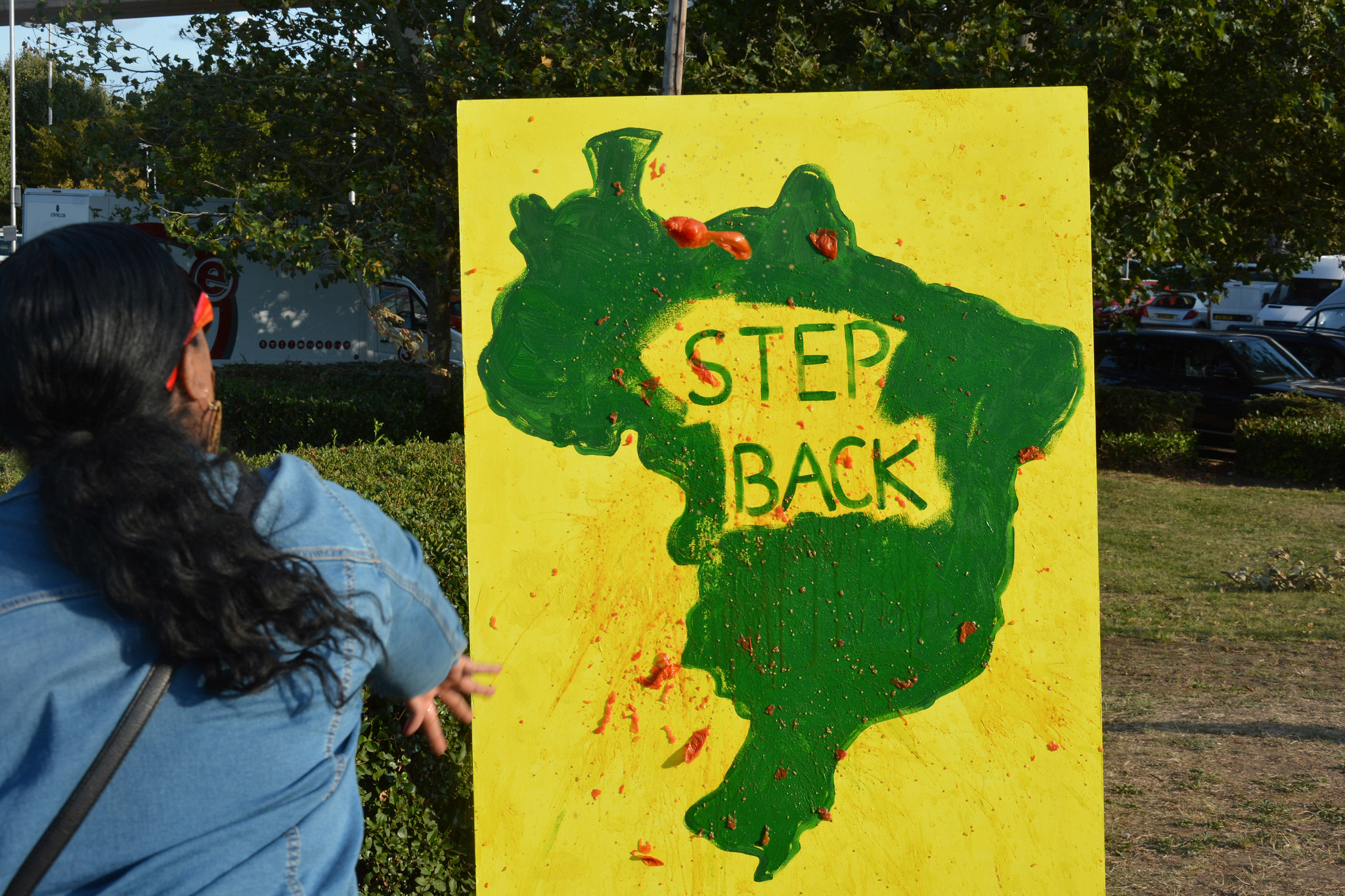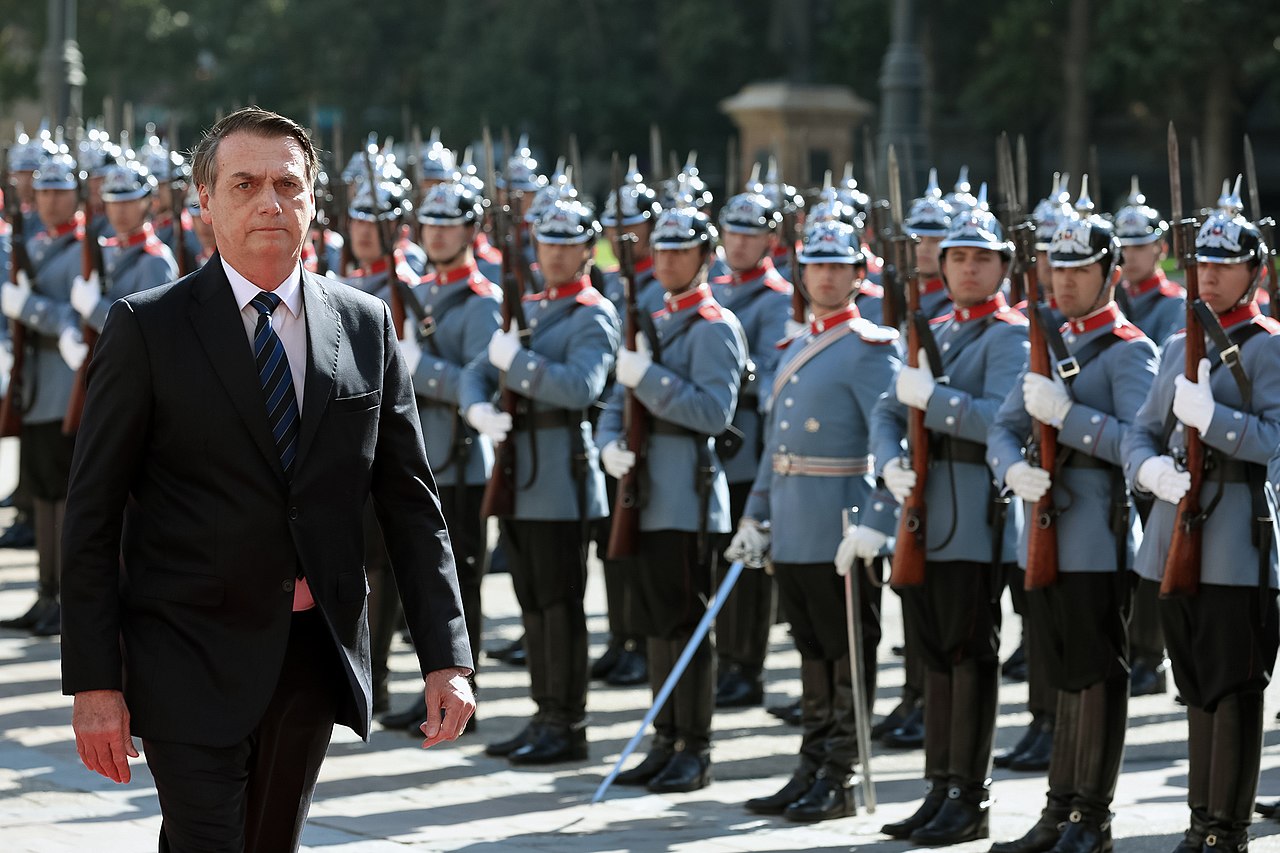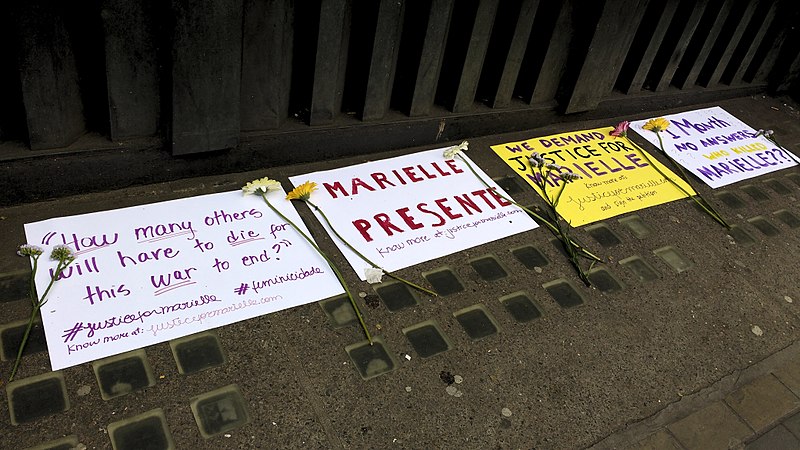Indigenous rights under threat
Brazil is home to around 900,000 indigenous people, according to Survival International, around 0.4% of the country’s population. Like other indigenous peoples of the Americas, they were subject to mass genocide and dispossession at the hands of European colonial settlers which has continued to the present. Despite rights granted by the Brazilian constitution, and the demarcation of areas of the country as native lands, the UN and the Inter-American Commission condemned abuses of indigenous rights in Brazil in 2017.
Indigenous people still face discrimination and repression in a variety of ways, in particular a lack of access to justice, the very slow pace of land demarcation, and the criminalization of allied NGOs.
They are under continual pressure from the powerful agribusiness and other industry lobbies that seeks to open up more indigenous land to mining, logging, rubber plantations, and deforestation, which would have a devastating effect on indigenous peoples there. Violent attacks against indigenous people by those seeking to exploit and steal their land are common, as are murders of environmental defenders.
The election of far-right President Jair Bolsonaro threatens potential catastrophe for Brazil’s indigenous population. Bolsonaro has frequently expressed his hatred of indigenous people, and has promised to abolish the indigenous rights agency FUNAI, and end demarcation of native land. Sadly, these fears appear to be already being fulfilled: in the first two months after Bolsonaro took office, attacks on indigenous people increased, including four murders.




